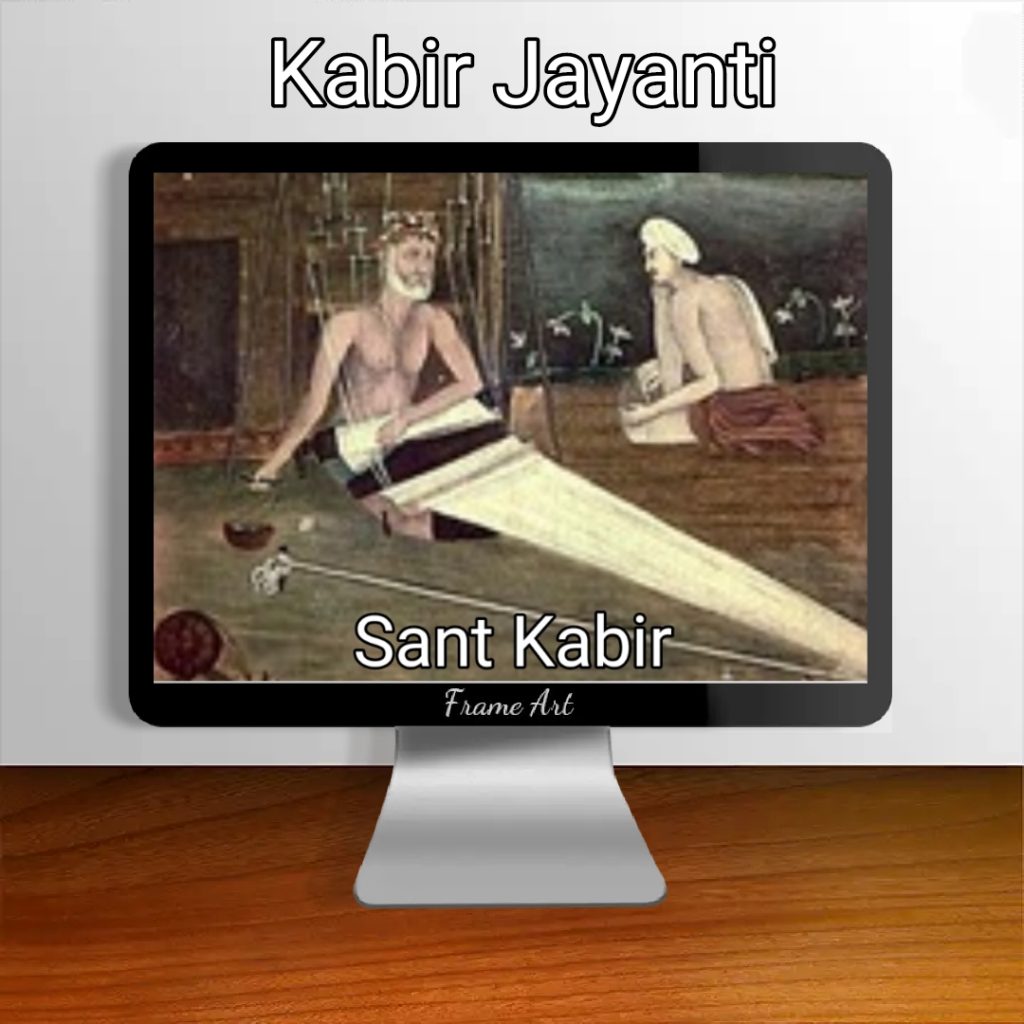June 11 marked the event of Kabir Jayanti.

Kabir was a well-known Indian devotional mystic poet. He (1440 -1518) was born in Varanasi, India. As a revolutionary Indian poet, he is revered by Hindus, Muslims, and Sikhs as a saint.
The birth of Kabir remains a mystery. According to one legend, his mother was a Brahman who became pregnant after a visit to a Hindu shrine. Because she was unwed, she abandoned Kabir, who was found and adopted by a Muslim weaver.
Be they the Quran or the Hindu scriptures, he was averse to meaningless repetitions of prayers and scripture verses.
He was not at home with meaningless rites of initiation that focus either on the sacred thread or on circumcision.
To him what really mattered was genuine “fidelity to the one deathless truth of life, which he associated equally with the designations of Allah and Ram.” His Ram was “a general Hindu name for the divine, not the hero of the Ramayana.”
Through the media of communication such as “songs called padas and rhymed couplets (dohas) “words” (shabdas) or “witnesses” (sakhis ) he conveyed his inspirational messages.
Sikhs revere him a precursor and interlocutor of Nanak, the founding Sikh Guru (spiritual guide). Muslims place him in Sufi (mystical) lineages. Hindus think of him as a a Vaishnavite (devotee of the god Vishnu).
Kabir’s contribution to humanity is immense. His writings influenced Hinduism’s Bhakti movement and his verses are found in Sikhism’s scripture Guru Granth Sahib.
He emphasized the oneness of God, transcending religious boundaries and promoting love, compassion, and equality. His teachings inspire people worldwide to seek inner truth and live harmoniously.
In today’s atmosphere of religious fundamentalism and religious intolerance, Sant Kabir’s message has great relevance.